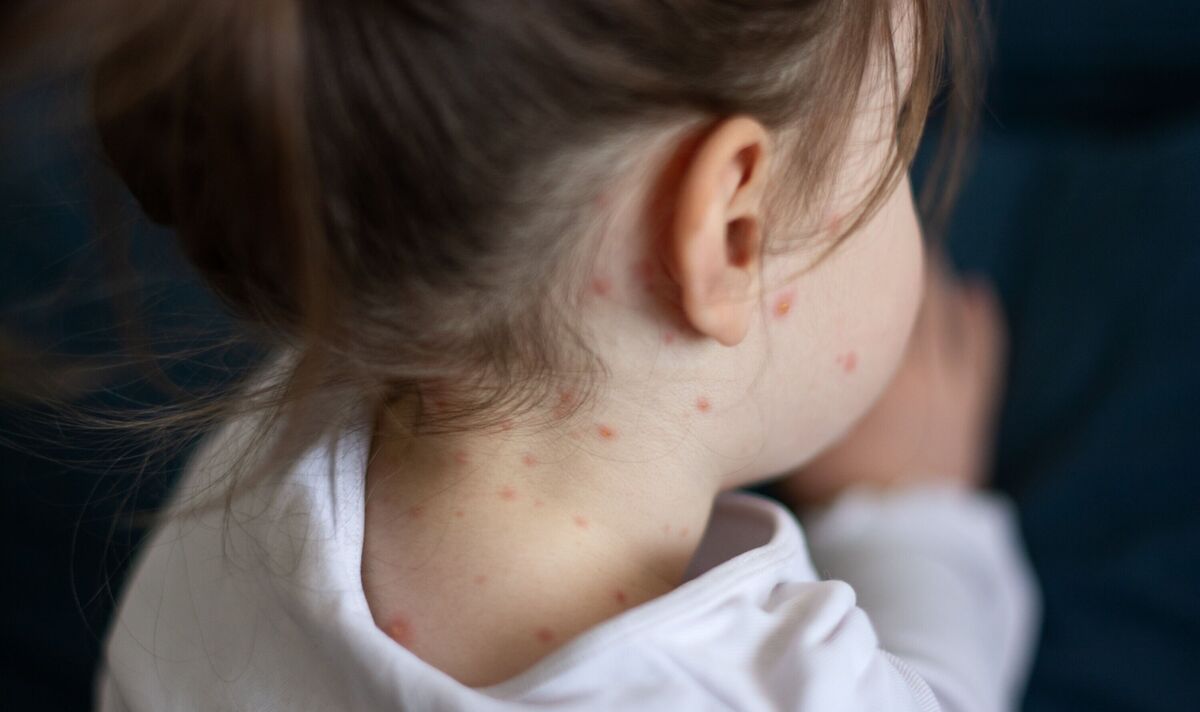The World Health Organisation (WHO) has announced there was a 30-fold increase in measle cases in Europe in 2023.
Health officials are now warning that “urgent measures” are needed to contain the spread of the serious illness that can have detrimental effects on children as well as adults.
Cases are still rising throughout Europe, with more than 30,000 people being infected in last year. This is an alarming increase compared to the 941 cases recorded in 2022.
Experts have said the increase could be due to fewer children being vaccinated against the illness during the Covid pandemic.
In the UK, health officials said last week that an outbreak of highly contagious measles in the West Midlands could spread rapidly to other towns and cities with low vaccination rates.
The first symptoms of measles include:
- a high temperature
- a runny or blocked nose
- sneezing
- a cough
- red, sore, watery eyes
- spots in the mouth
- measles rash
Measles can lead to serious problems if it spreads to other parts of the body, such as the lungs or brain.
Problems that can be caused by measles include:
- pneumonia
- meningitis
- blindness
- seizures (fits)
These problems are rare, but some people are more at risk. This includes babies and people with weakened immune systems.
Speaking about the situation in Europe, Dr Hans Kluge, regional director at the WHO, said: “We have seen, in the region, not only a 30-fold increase in measles cases, but also nearly 21,000 hospitalisations and five measles-related deaths. This is concerning.
“Vaccination is the only way to protect children from this potentially dangerous disease.”
The NHS launched a campaign earlier this month to encourage parents of children to ensure their children are fully vaccinated. Last year the NHS sent two million, texts, emails and letters to parents and carers of 1-5 year olds who were unvaccinated and thanks to those efforts, around a tenth of those children (165,000) received an MMR vaccine.
Steve Russell, NHS Director of Vaccinations and Screening, said: “The NHS is acting quickly to tackle the spread of measles by contacting one million people aged between 11 and 25 across London and the Midlands to urge them to get their vaccine. People who are unvaccinated can get catch-up jabs at MMR pop-ups in schools and other convenient places while GPs, teachers and trusted community leaders are encouraging groups that are less likely to get their jab to come forward.
“All this builds on the national MMR catch-up campaign the NHS rolled out at the beginning of winter, with text, email and letter reminders sent out to parents and guardians of children up to five who have yet to get full protection. Measles is a serious illness, with one in five children who get the disease having to be admitted to hospital for treatment, so if you or your child have not had your MMR jab, it is vital you come forward.”







